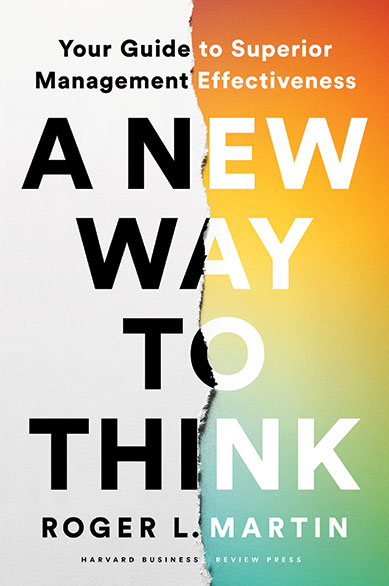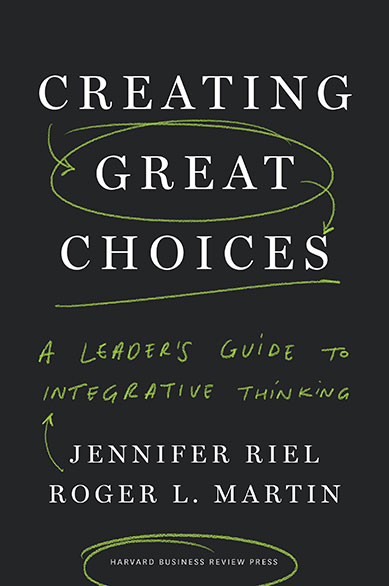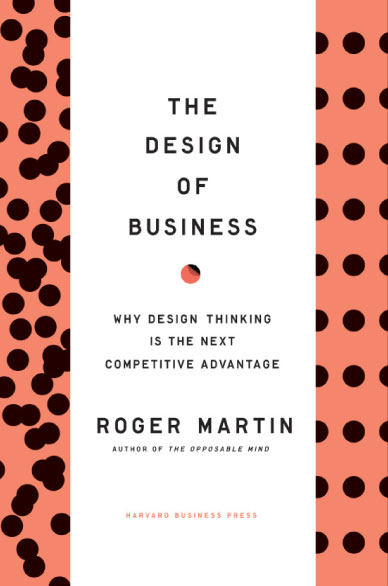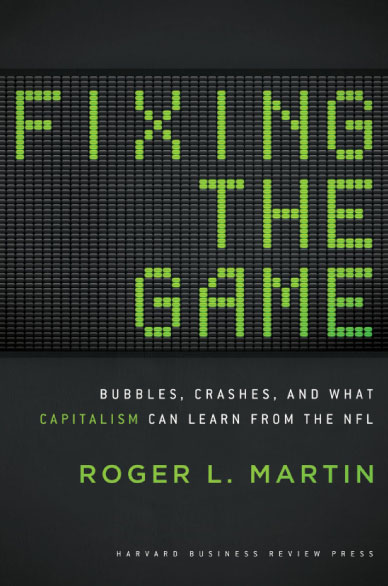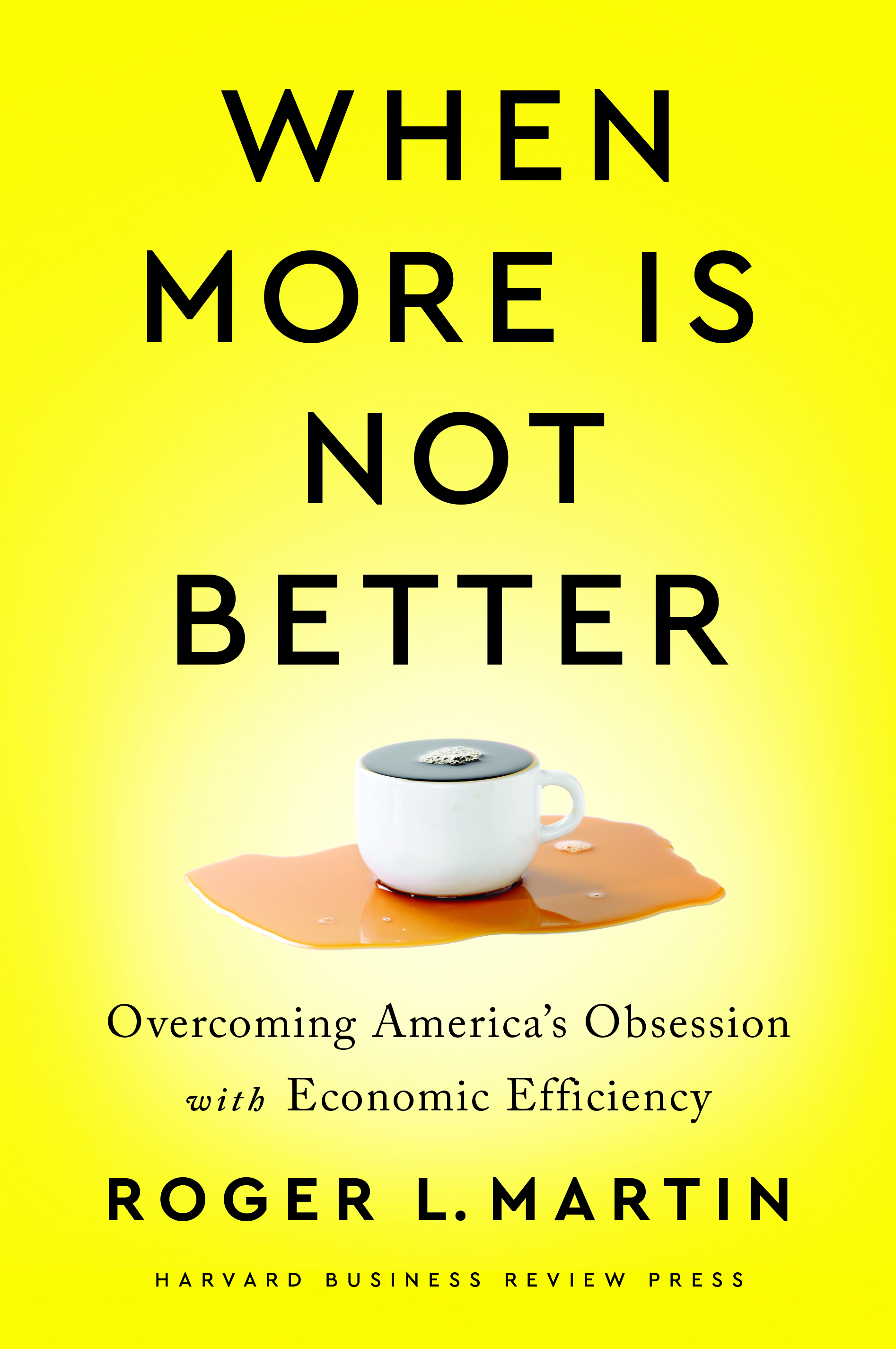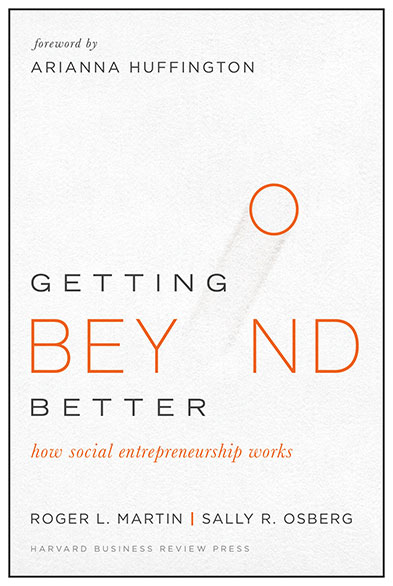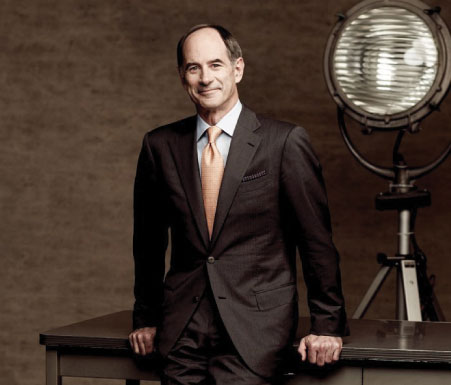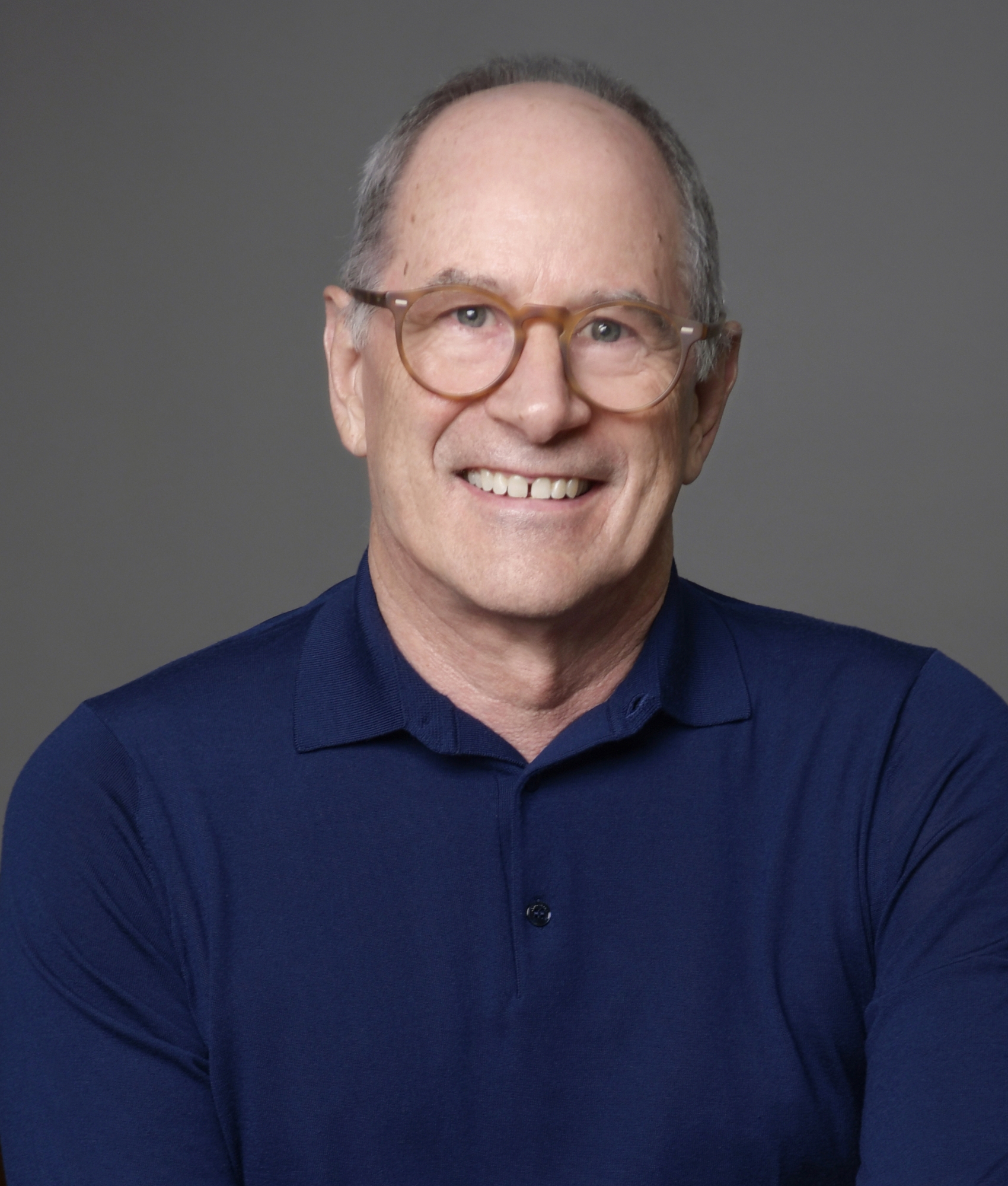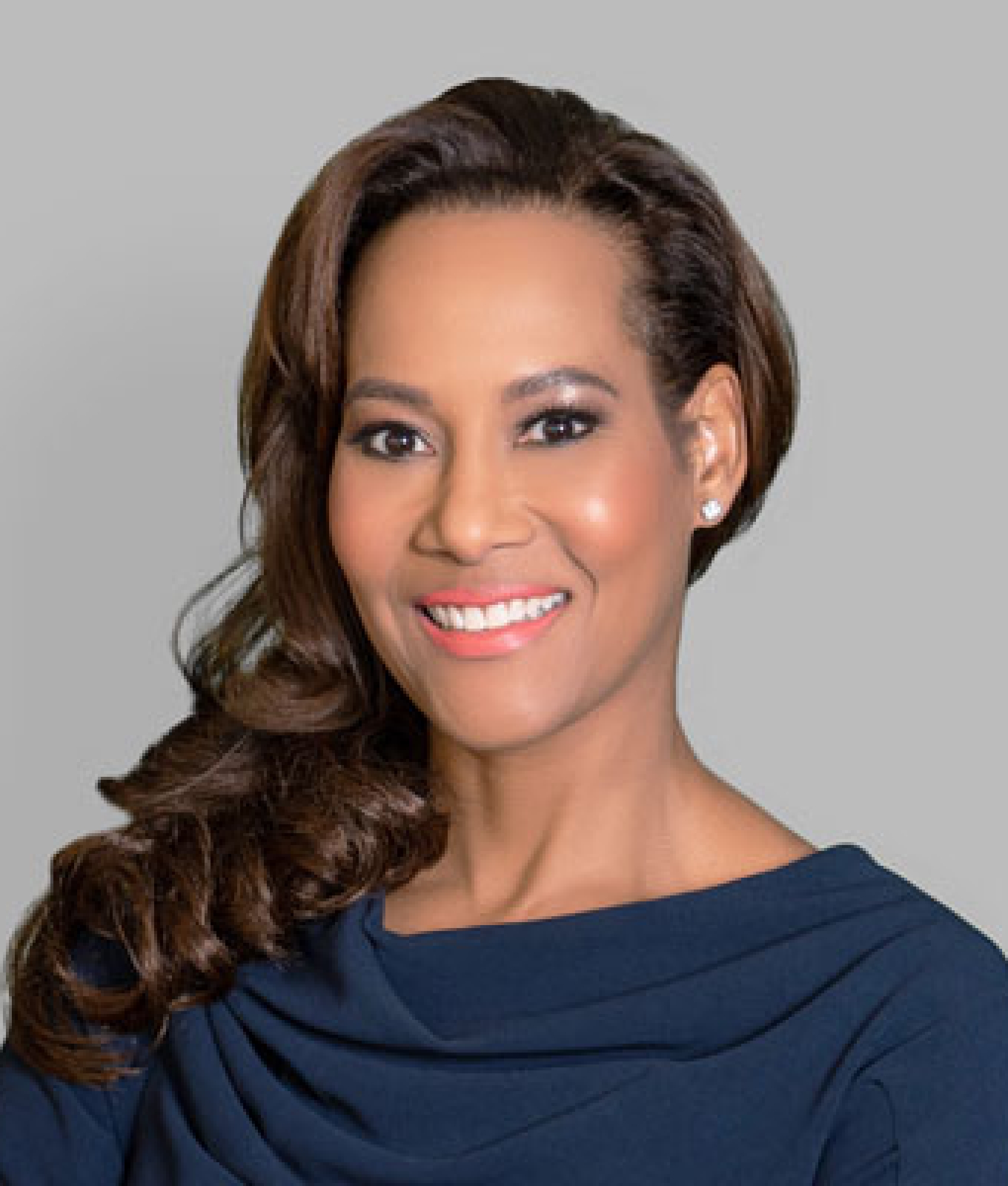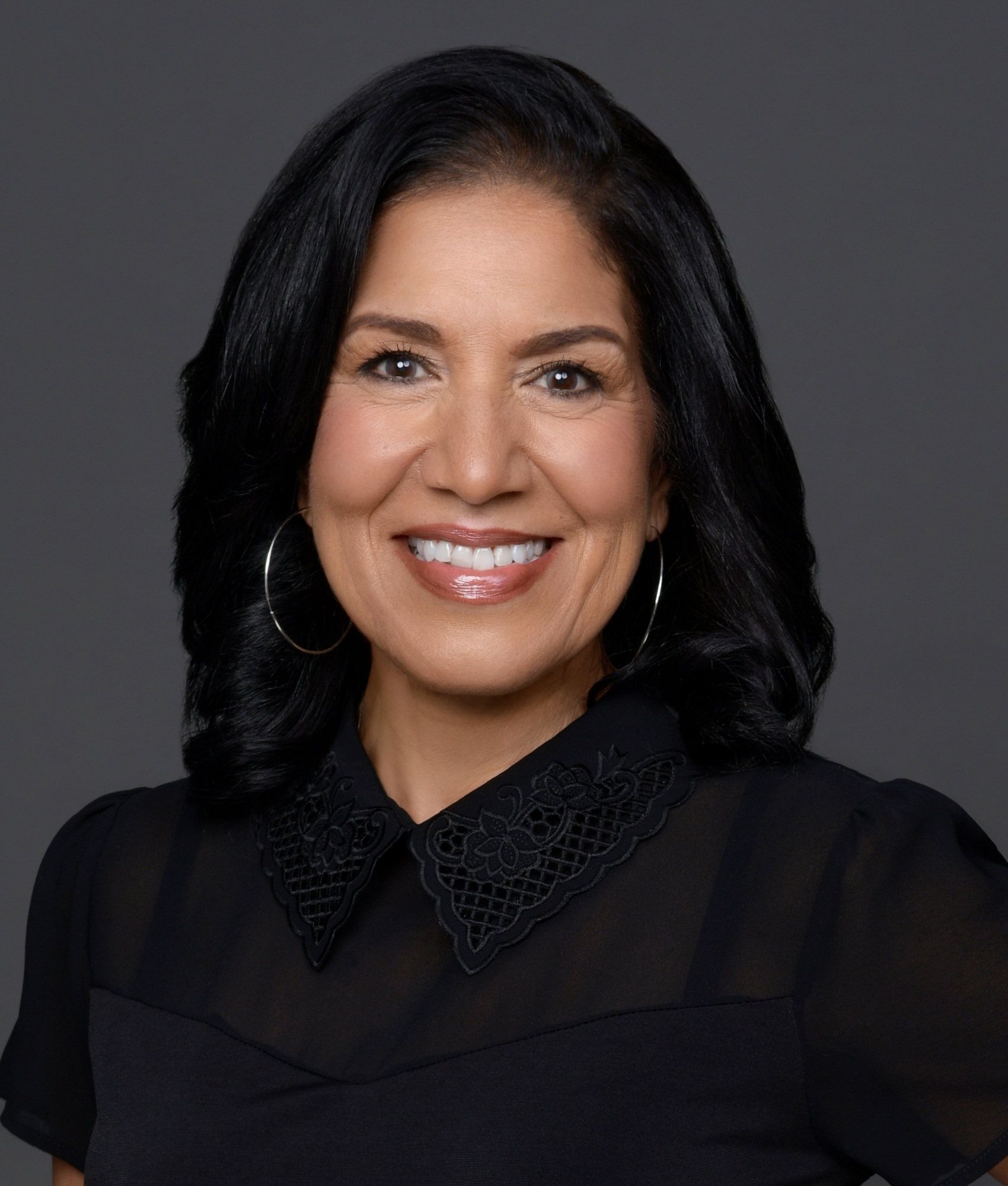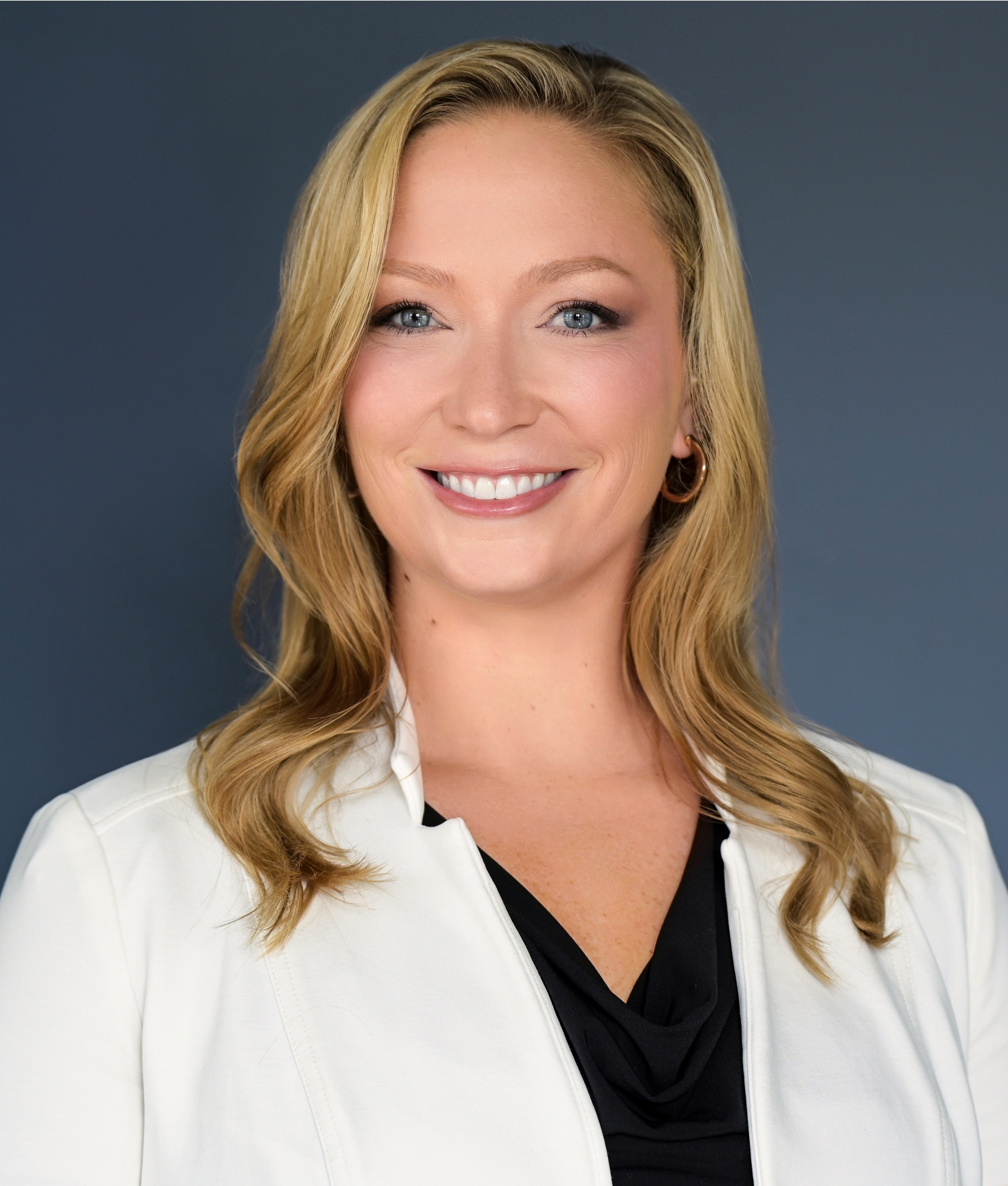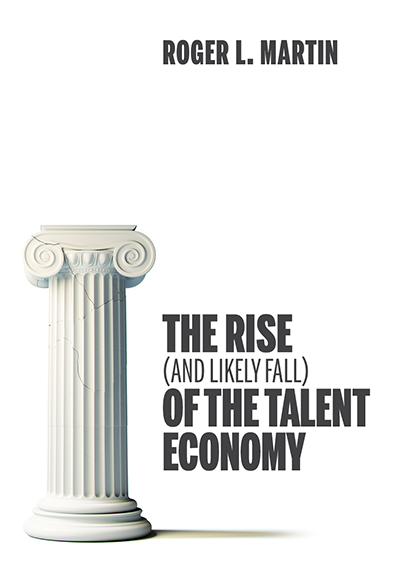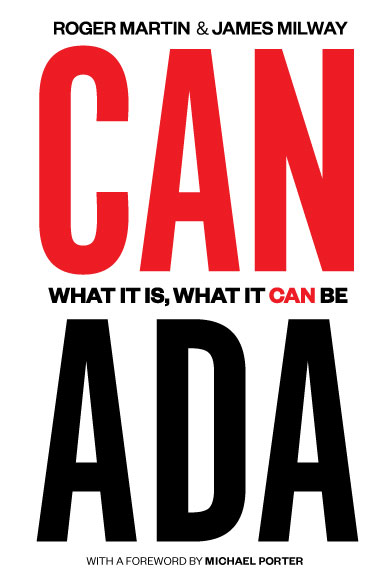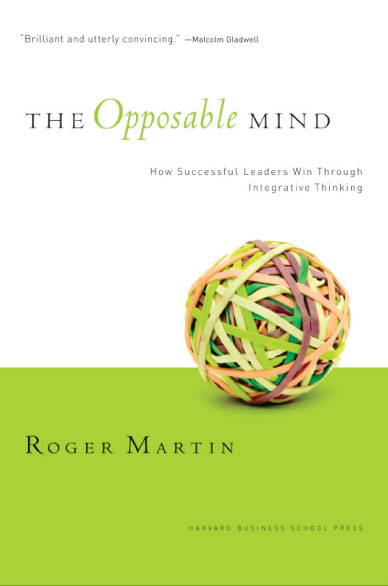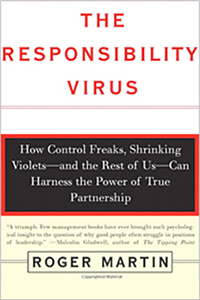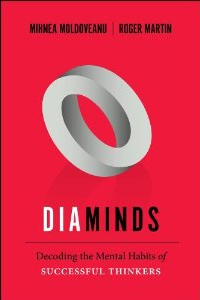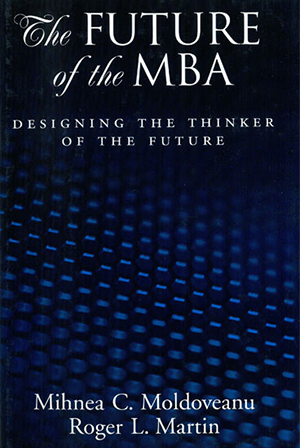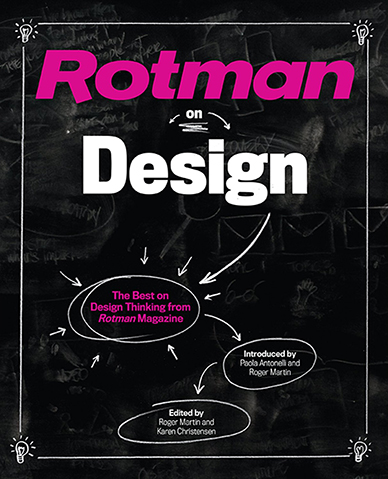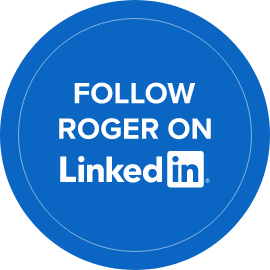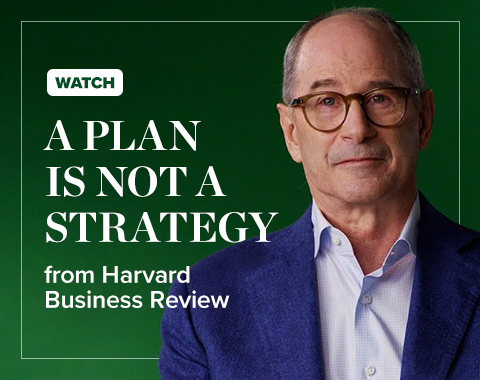Social innovation has always and will continue to strengthen civil society and making the world in which we live a more broadly prosperous place. There are many forms of social innovation with many goals. My interest is particularly in two areas of social innovation.
The first area is in the practice of social entrepreneurship— that is, entrepreneurial activity aimed at making the world a better place rather than making the entrepreneur rich. I have worked intensively on social entrepreneurship as a board member for over a decade of the Skoll Foundation, which invests in, connects and celebrates social entrepreneurs.
My work on the topic is focused on better understanding the act of social entrepreneurship and the models for successfully doing create socially entrepreneurial ventures in older to help build the field. In 2007, Skoll Foundation CEO Sally Osberg and I wrote an article for the Stanford Social Innovation Review called Social Entrepreneurship: The Case for Definition that has gone on to be the most downloaded article in the history of the journal. Sally and I have followed up with our book Getting Beyond Better: How Social Entrepreneurship Works (HBRP 2015) that deepens the insights from the article and provides further tools for social entrepreneurs to conceptualize and operate their ventures.
The second area is the role that corporations can play in being better citizens, showing better stewardship for their world. I believe that many good-hearted CEOs would like their companies to be better corporate citizens, but lack the tools for thinking through how to accomplish that goal. The only tools and techniques they know and are comfortable with are tools designed to help them maximize shareholder value. I believe that if we can provide them with better tools, backed by better theory, they will be empowered to help their companies become better citizens and help make our world a better place. To that end, I worked with entrepreneur Michael Lee-Chin, founder of AIC, to found the Lee-Chin Family Institute for Corporate Citizenship at the Rotman School. At the Institute, we have created a toolbox that we believe will help well-motivated CEOs to guide their corporations on a path of productive corporate citizenship. With my colleagues at the Lee-Chin Institute, I am working on a book called The Virtuous Corporation that will provide tools for executives, customers, employees, regulators and civil society to productively migrate corporate behavior in a direction that will build a more broadly prosperous and sustainable future.
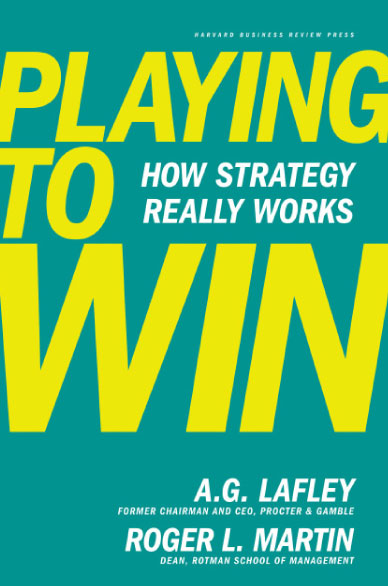 Buy the book
Book roger to speak
Buy the book
Book roger to speak
